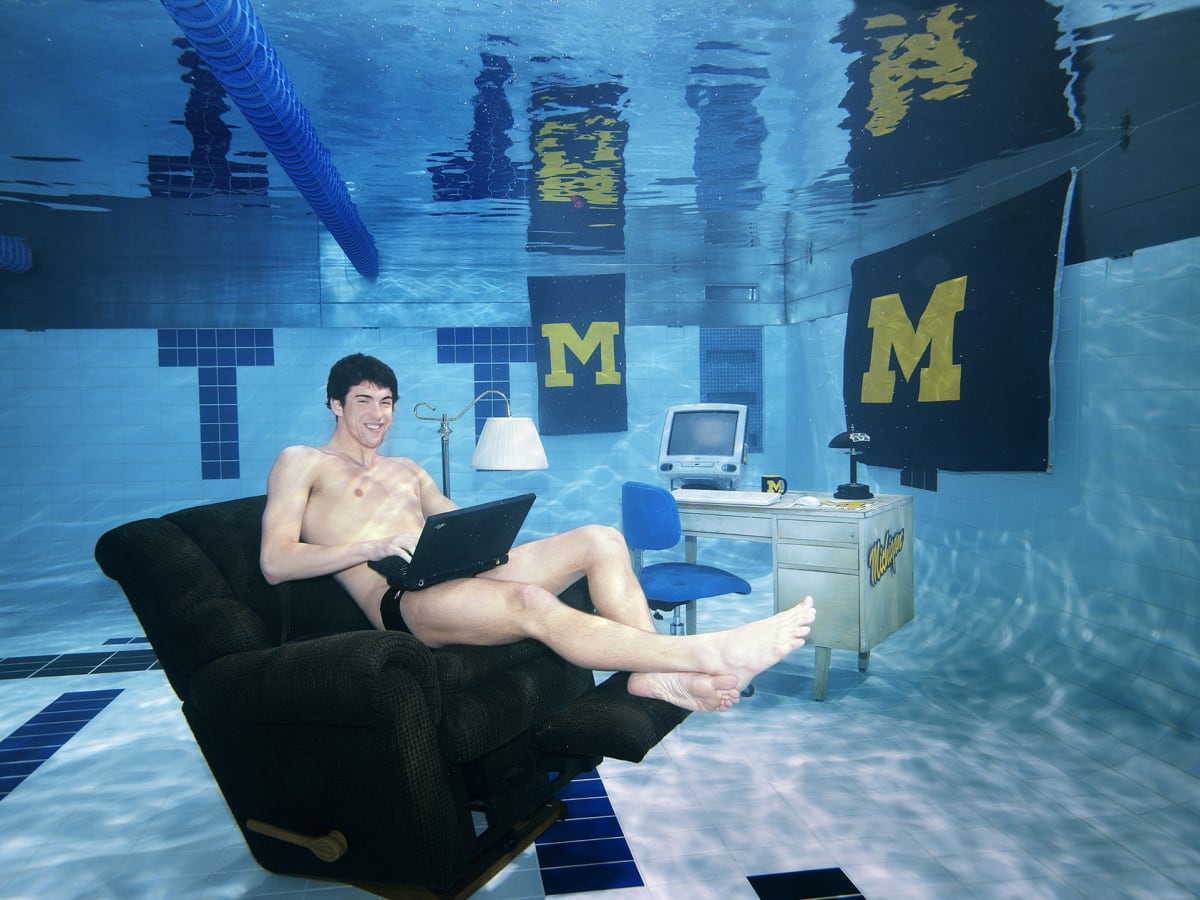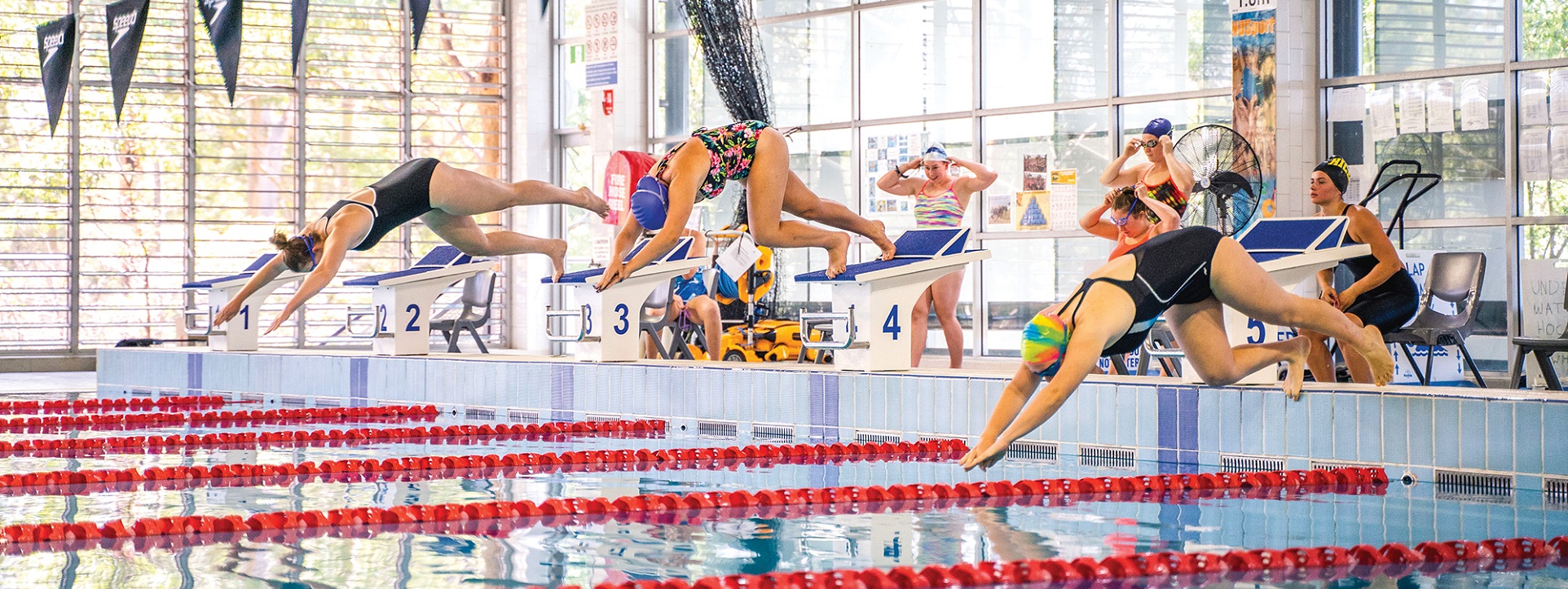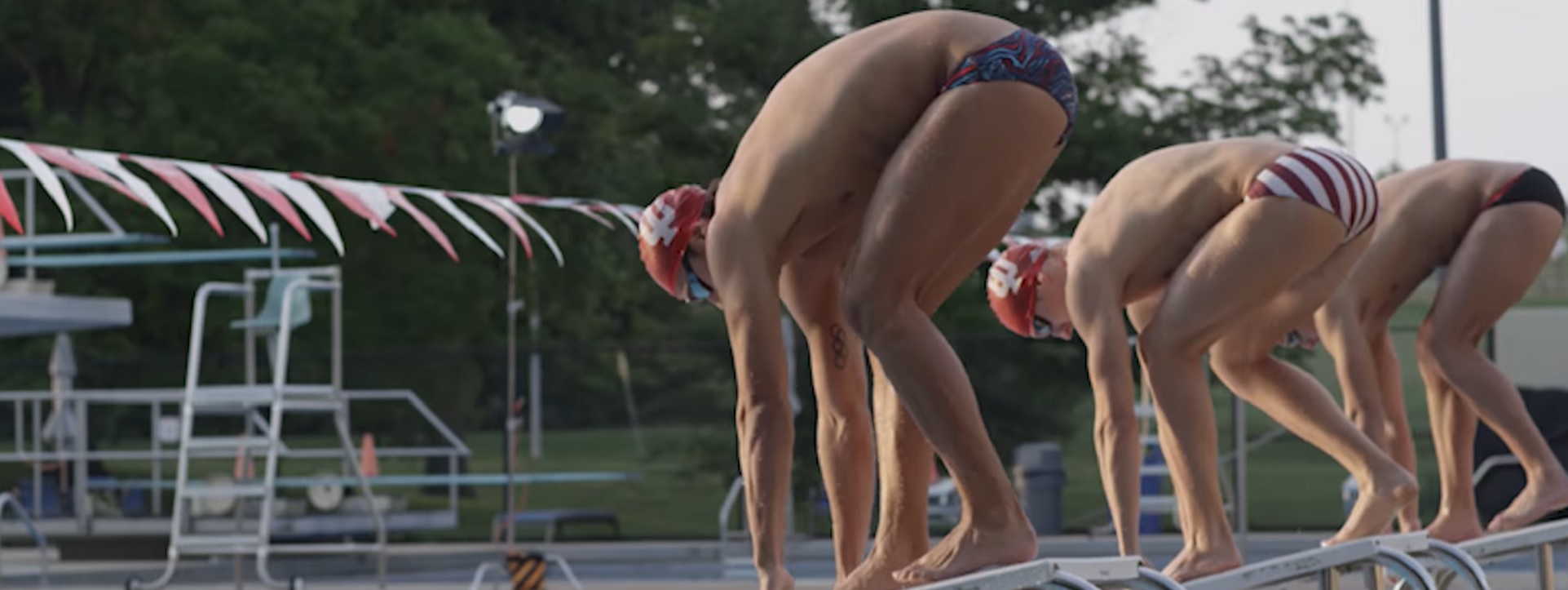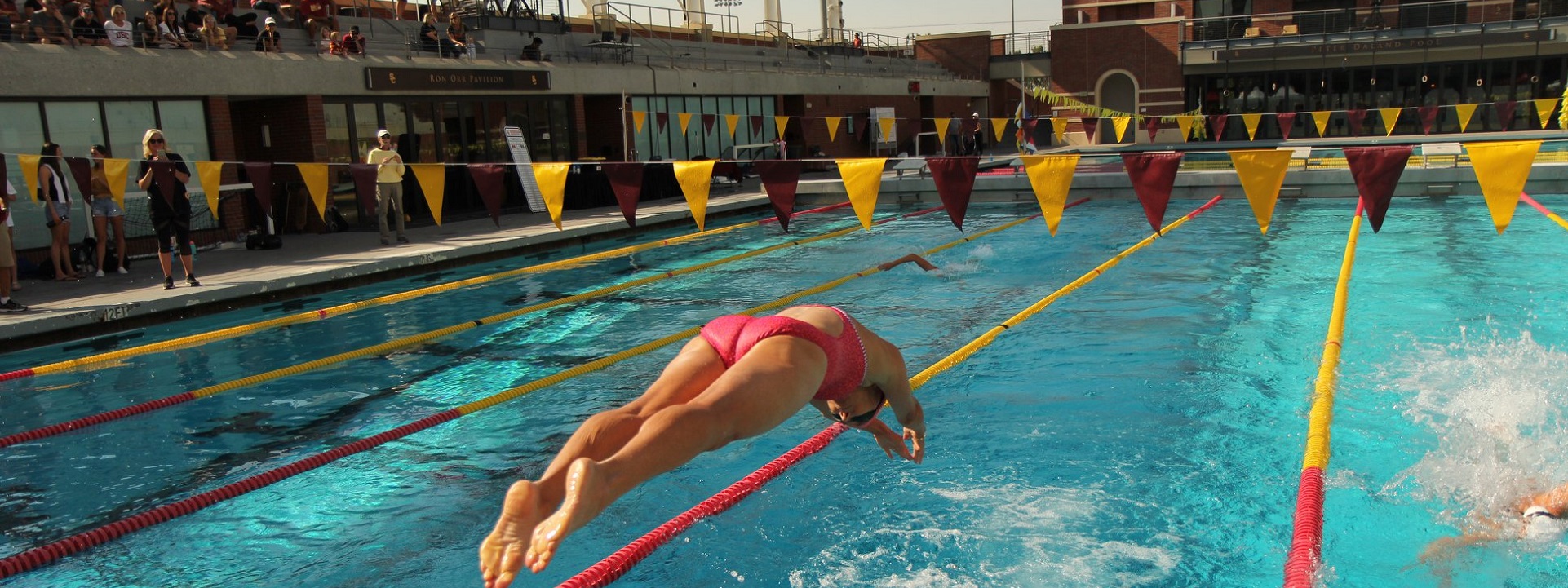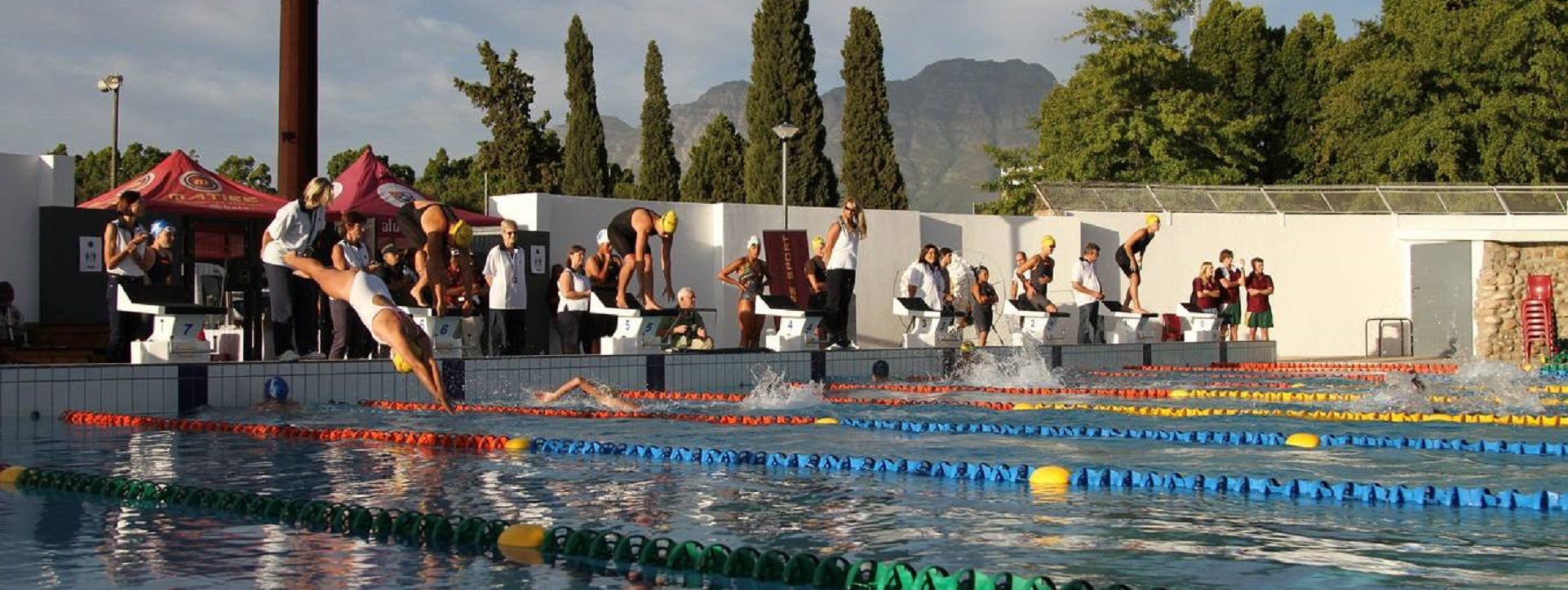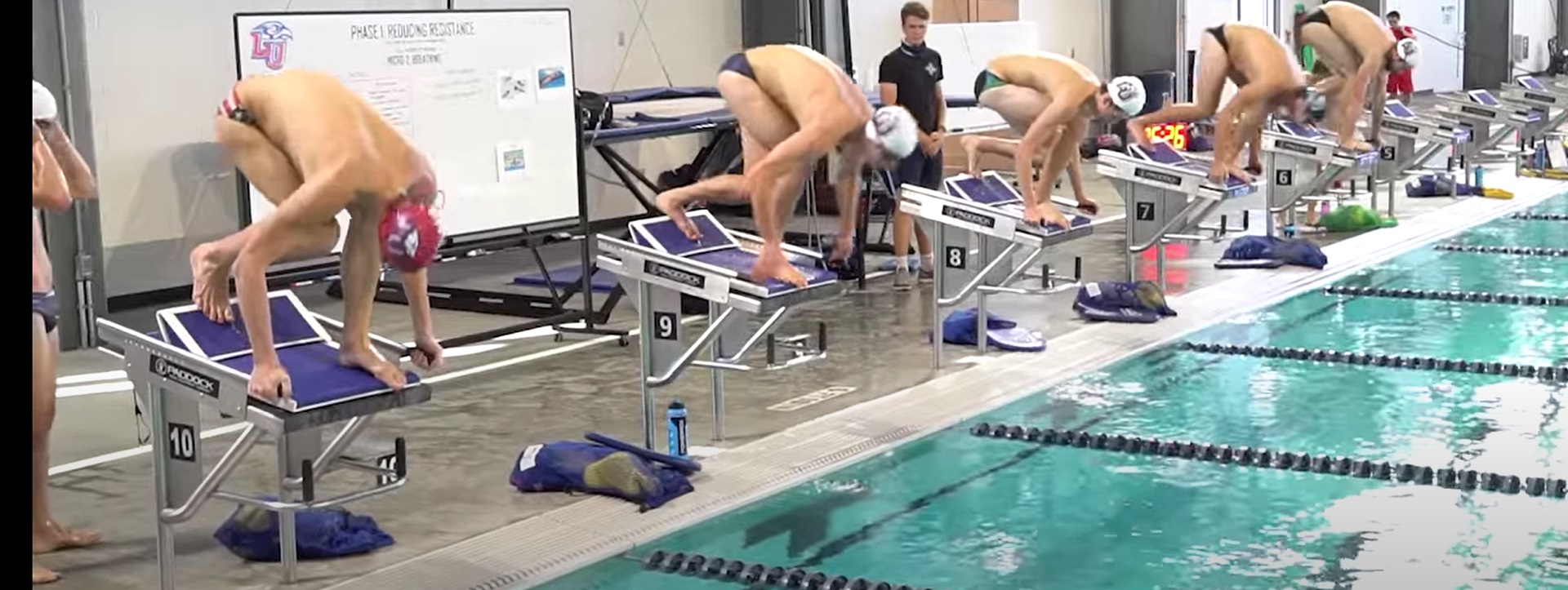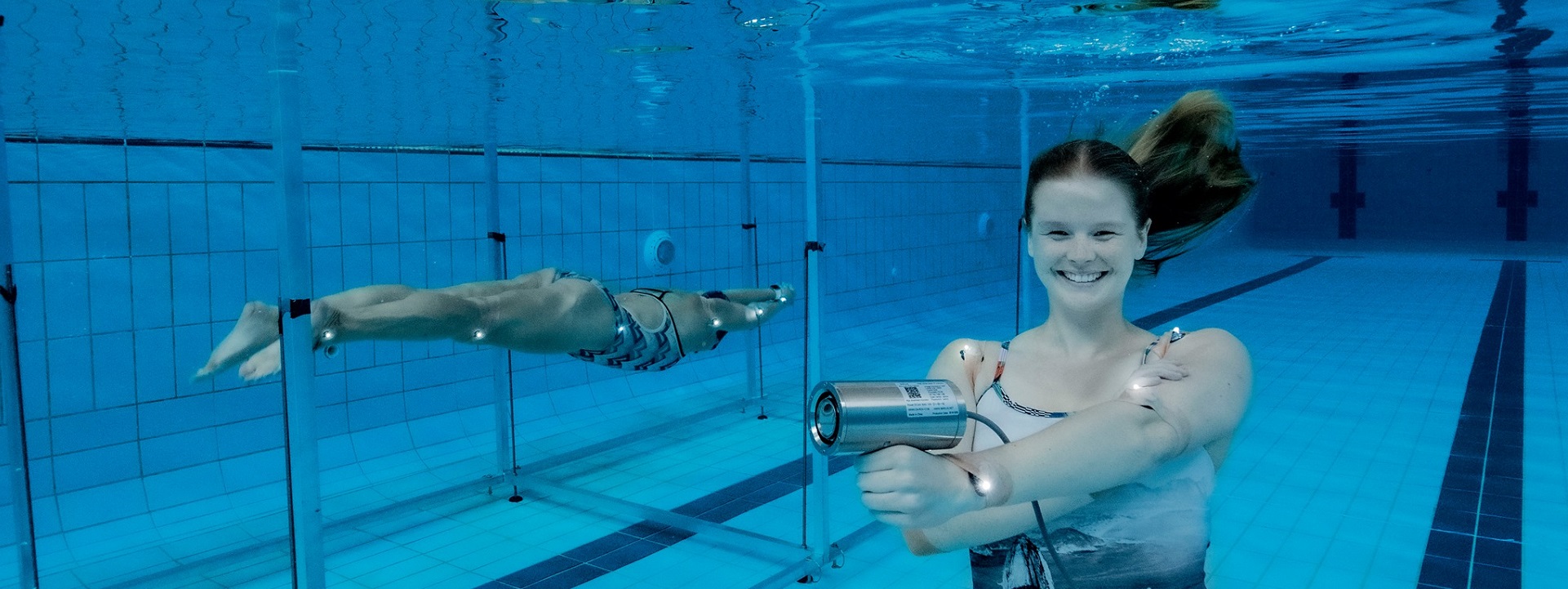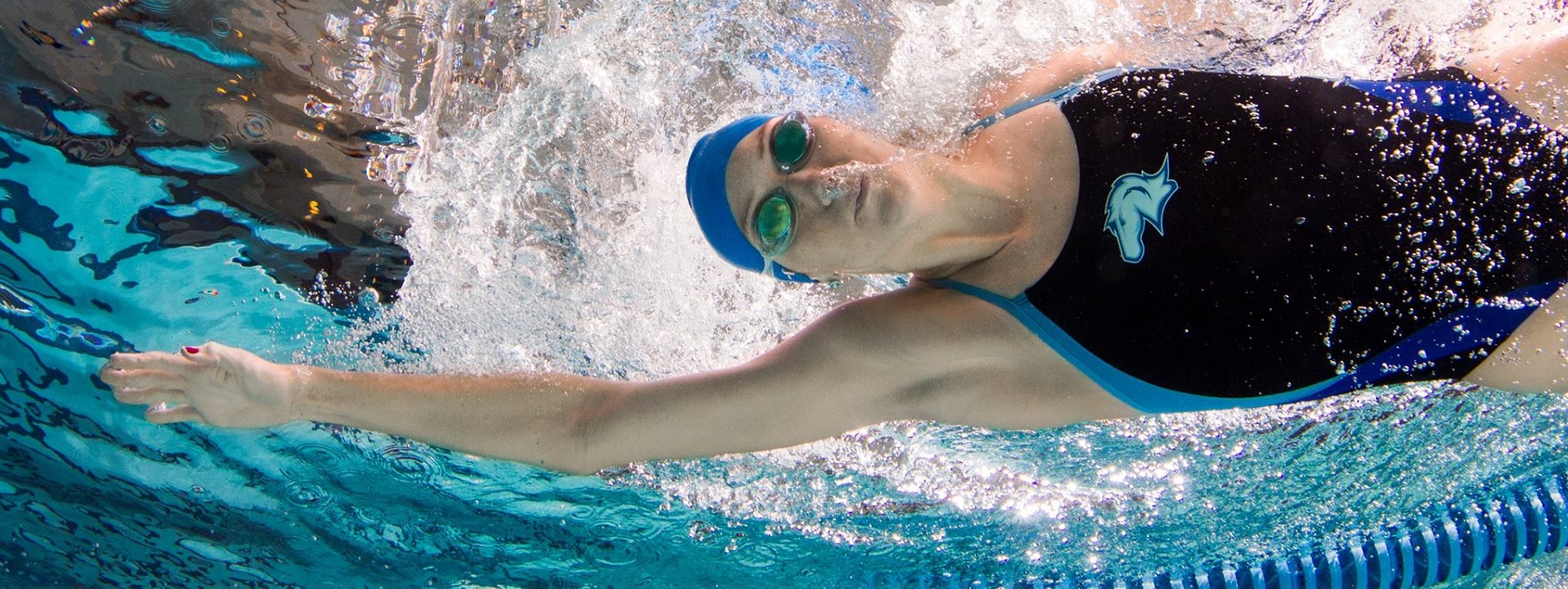Supporting swimming pools with electricity involves various essential functions such as filtration, heating, lighting, and sanitation. Ensuring safety and energy efficiency is crucial, and pool owners can take steps to minimize electricity costs and environmental impact. Key points:
Filtration and Circulation: Swimming pools rely on electric pumps to circulate water through filters, removing debris and maintaining water quality.
Heating: Electric heaters or heat pumps are used to regulate water temperature for comfort, especially in colder seasons.
Lighting: Underwater and pool area lighting enhance safety and aesthetics, typically powered by electricity.
Chlorination and Sanitation: Electric chlorinators or ozone generators help maintain water cleanliness and hygiene.
Automation: Electric control systems enable pool owners to manage filtration, heating, and lighting remotely for convenience and energy efficiency.
Energy Efficiency: Pool owners can invest in energy-efficient equipment, like variable-speed pumps and LED lighting, to reduce electricity consumption and operating costs.
Operations and Maintenance: Regular electrical maintenance ensures safe and reliable pool operation, preventing electrical faults and hazards. The electricity cost for pool operation can be significant, so pool owners should consider energy-efficient practices and equipment to reduce expenses.
Education communities present one of the largest installed bases of artificially created bodies of water; the most abundance resource on earth. These bodies vary in size, purpose, and design but are all created by human intervention to serve specific needs, whether practical, recreational, or aesthetic. Safe and sustainable management of them in the Unite States are informed by best practice found in Article 680 of the National Electrical Code with scope statement below:
Construction and installation of electrical wiring for, and equipment in or adjacent to, all swimming, wading, therapeutic, and decorative pools; fountains; hot tubs; spas; and hydromassage bathtubs, whether permanently installed or storable, and to metallic auxiliary equipment, such as pumps, filters, and similar equipment.
Consultation on the First Draft of the 2026 revision closes August 24, 2024.
Related:
Pool, Fountain, Agriculture & Water Infrastructure Electrical Safety
https://www.si.com/extra-mustard/2016/08/15/michael-phelps-poses-bottom-university-michigan-pool-2005



